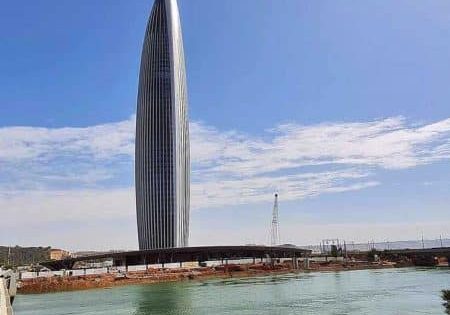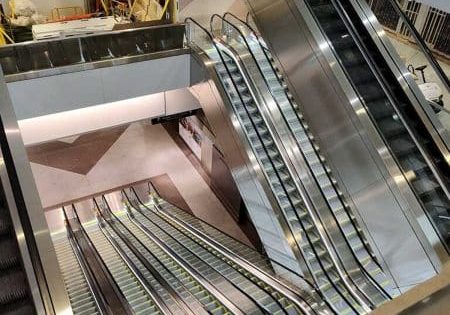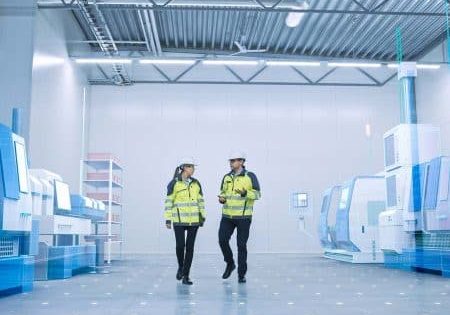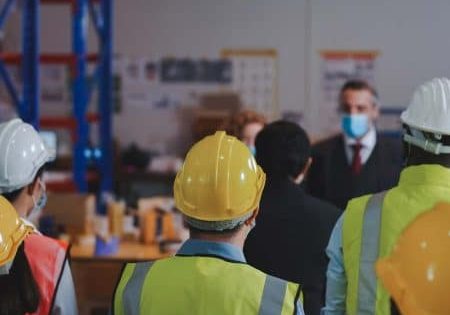Technology’s Role in Elevator Business Succession Planning
May 1, 2024

In this Readers’ Platform, your author observes that advanced ERP software can mitigate risk and put owners in the driver’s seat.
The independent elevator contractor industry has a significant proportion of multigenerational family businesses. Business succession planning is the process of proactively identifying and developing new leaders to take over a company when the current leader reduces their role or steps down. Often, these leaders may not be within the family, but currently working within the business. Occasionally, outsiders are brought in. Within succession planning, the goal is to ensure business continuity and minimize disruptions from changes in personnel, no matter who they are.
In the elevator contracting industry, succession planning is particularly sensitive. Family dynamics aside, the industry is highly specialized and faces fast-moving regulatory and equipment complexity changes, has very challenging workforce dynamics and lags significantly in the adoption of operational technology advances that can truly support the complexities of elevator service contracting. According to recent industry reports, more than 70% of elevator contractors are family-owned businesses, making the transition to the next generation or finding qualified external successors an increasingly pressing concern.
In our view, technological advancements can offer resources and solutions that can significantly aid and minimize risk in succession planning. Because of its unique set of challenges, the elevator industry presents shareholder value creation opportunities to contractors who see business management technology changes as part of their succession strategy.
Business Succession Planning in the Elevator Industry
For decades, successful succession planning has been the backbone of business continuity and growth in the independent elevator contractor industry. By identifying future leaders and preparing them for their roles beforehand, companies can ensure a seamless transition during succession that is good for both staff and customers.
The absence of a structured approach to succession planning can unleash a multipronged set of operational and business risks, leading to avoidable business instabilities.
In the next five years, elevator companies will face several challenges: embracing new technology (including the impact of AI), understanding evolving compliance regulations and the ongoing reality of managing skilled labor scarcity. For all contractors, these challenges may manifest as high operational risks without correct succession planning, leading to possible business instabilities. For those who do things right, these present opportunities to increase the valuation of the business.
The absence of a structured approach to succession planning can unleash a multipronged set of operational and business risks, leading to avoidable business instabilities. Here are some of the risks that your elevator company could be exposed to with inadequate succession planning:
- Leadership Vacuum: Without identified successors, businesses may experience disruptive leadership gaps, leading to strategic paralysis and operational discontinuity.
- Staff Turnover: Simply put, people move to other organizations when they don’t like either their boss or the people they work with.
- Loss of Institutional Knowledge: Indispensable industry and customer-specific insights and strategic information could exit your business with retiring leaders if a proper knowledge-transfer process is not in place.
- Decreased Morale and Engagement: Seeing no clear career progression path always leads to decreased motivation and productivity among potential successors.
- Reputational Risk: Failure to ensure seamless leadership transitions might damage the reputation of your business, affecting relationships with clients, suppliers and others within the industry.
- Increased Successor Recruitment Costs: Businesses could find themselves incurring steep costs in recruiting and onboarding external talent to fill leadership roles.
- Reduction of Business Valuation: With leadership uncertainty, businesses may experience eroded market confidence, thereby degrading shareholder value in the eyes of investors or potential acquirers.
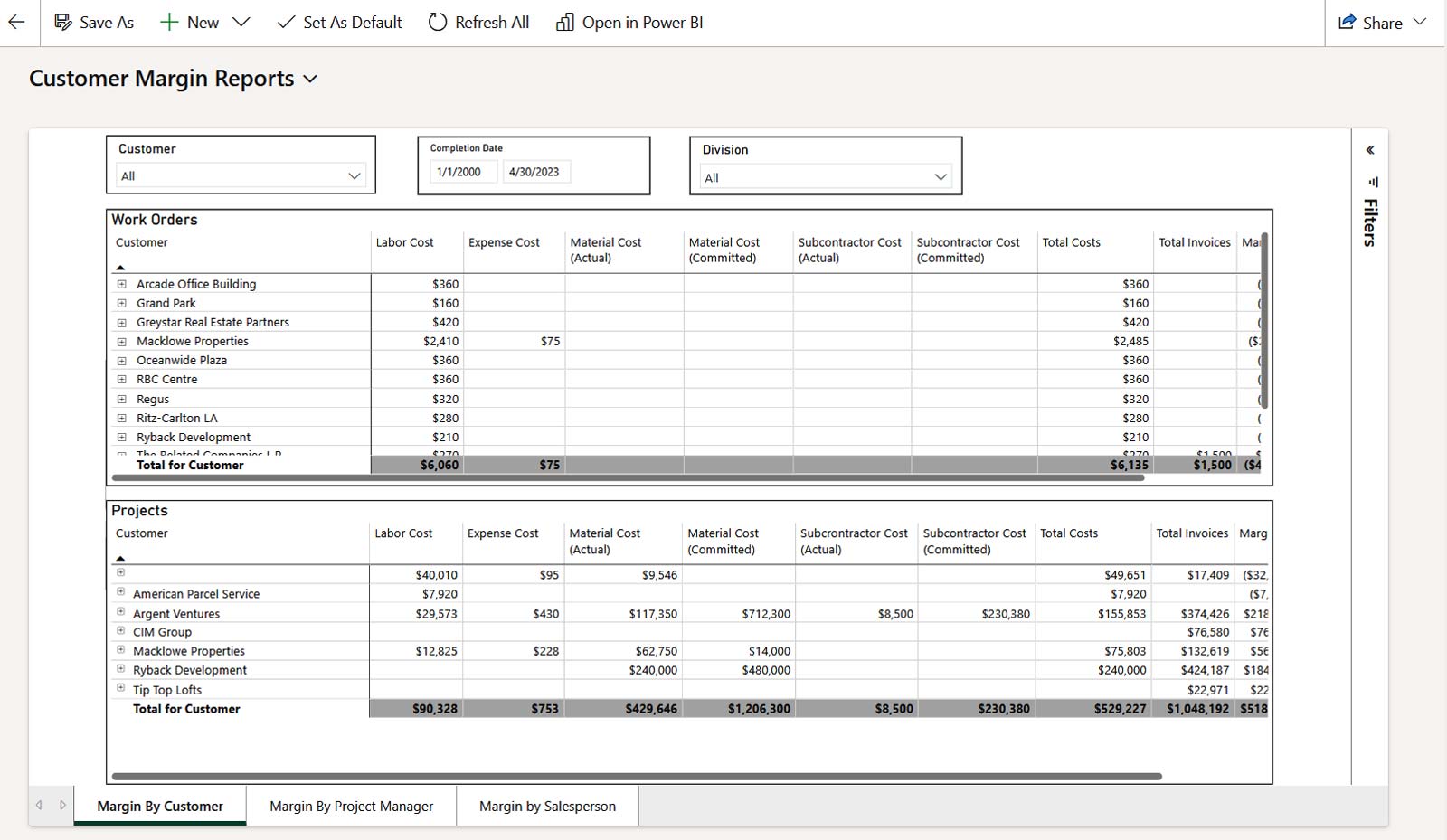
The Role of Technology in Succession Planning
Effective succession planning involves managing various components, from identifying potential successors and their skill development to aligning these efforts with broader business strategies. What most contractors fail to realize is that technology offers options that can aid or simplify these tasks, making succession planning more structured, manageable and efficient.
For elevator contractors, implementing advanced enterprise resource planning (ERP) software provides a holistic view of operations with the tools to improve client data management, automate manual processes and enhance scalability. These systems can significantly support succession planning by empowering the next generation of leaders to make better decisions driven by accurate, real-time data and actionable insights.
Specifically, these systems can capture interdepartmental data relating to sales, service, maintenance, modernization and construction, safety, parts management, violations, certificate tracking, finance and other operational areas. Having more holistic views of these areas aids in identifying potential future leaders, calling out skill gaps, assessing financial stability and gauging overall business performance against key performance measures, which are all essential factors in devising a robust business succession strategy.
If you are serious about elevator business succession planning and want to give the new leaders the tools to succeed, you must consider an elevator industry-specific business management software that is further configured for your unique processes and structure and leverages AI advancements. In an environment where project management and customer service are everything, these solutions are designed to streamline job or project workflows, improve effective communication and offer real-time visibility into operational margin and risk.
Future-Proof Your Elevator Business
In the dynamic elevator industry, it’s important to go beyond short-term planning and develop a strategic roadmap that encompasses long-term succession strategies. Doing so can help future-proof your business, maximize its business value and offer a clear strategic direction for all stakeholders.
Many elevator contracting businesses are now choosing Microsoft cloud-based enterprise resource planning (ERP) software built specifically for the unique elevator industry field service and finance needs to facilitate better planning and strategy. Proven solutions like FIELDBOSS for Microsoft Dynamics 365 are further tailored to fit your business processes and operational requirements, providing complete visibility into every aspect of elevator service performance.
FIELDBOSS, as an organization, is committed to helping businesses navigate the complexities of succession planning. Our Microsoft cloud-based elevator contractor management software appeals to the next generation of leaders as a modern platform that provides flexibility and options in a fluid business environment while accommodating ever-increasing customer service expectations.
Ultimately, in the face of inevitable change, businesses in the elevator industry must look beyond what marginally worked in the past and start leveraging the foundational potential of technological advancements for their succession planning needs.
Get more of Elevator World. Sign up for our free e-newsletter.



